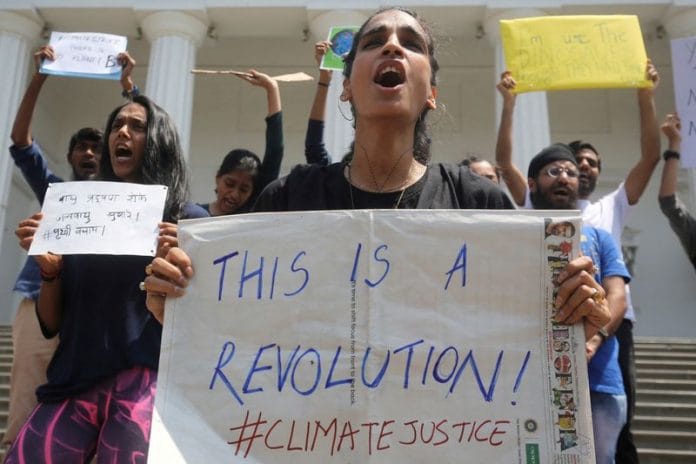Mumbai: India will spend an estimated 85.6 trillion rupees ($1.05 trillion) by 2030 to adapt its various industries to be compliant with climate change norms, a report by the country’s central bank said on Wednesday.
Central banks, as financial regulators, have several policy instruments at their disposal to influence investment decisions and the allocation of resources and credit to achieve the sustainability targets, the Reserve Bank of India’s (RBI) Report on Currency and Finance said.
The report is written by contributors from the Department of Economic and Policy Research, an internal department of the RBI said.
Estimates suggest that green financing requirements in India could be at least 2.5% of GDP annually to address the infrastructure gap caused by climate events.
The report said a sector-specific approach to climate risk mitigation is called for, in view of the difficult policy trade-offs between containing near-term adverse output impact due to NDC (nationally determined contribution) commitments against larger output losses in the medium-run due to no policy action.
“Different sectors of the economy have different emission intensities, it is advisable to not have a uniform climate mitigation strategy across sectors,” it said, adding that without any policy action, India’s carbon dioxide emission levels may rise to 3.9 gigatonnes by 2030, from 2.7 gigatonnes in 2021.
The RBI is expected to set a disclosure framework on climate-related financial risks and guidance on climate scenario analysis and stress testing shortly.
Wednesday’s report, however, stated that prior to the implementation of the green capital regulation, bad loans in the banking system needed to be reduced to alleviate potential financial risks.
“If green capital regulation amplifies non-performing assets, it could impede monetary policy transmission,” it added.
As per current policies and NDCs, the impact on inflation is expected to be minimal, even though its volatility is expected to increase, the report stated.
“Overall, delayed and lenient policy actions generate adverse impact on both growth and inflation outlook in the medium-to long-run.”
($1 = 81.7920 Indian rupees)
(Reporting by Swati Bhat; Editing by Nivedita Bhattacharjee)
Disclaimer: This report is auto generated from the Reuters news service. ThePrint holds no responsibilty for its content.
Also read: India central bank likely buying dollars via public sector banks – traders






